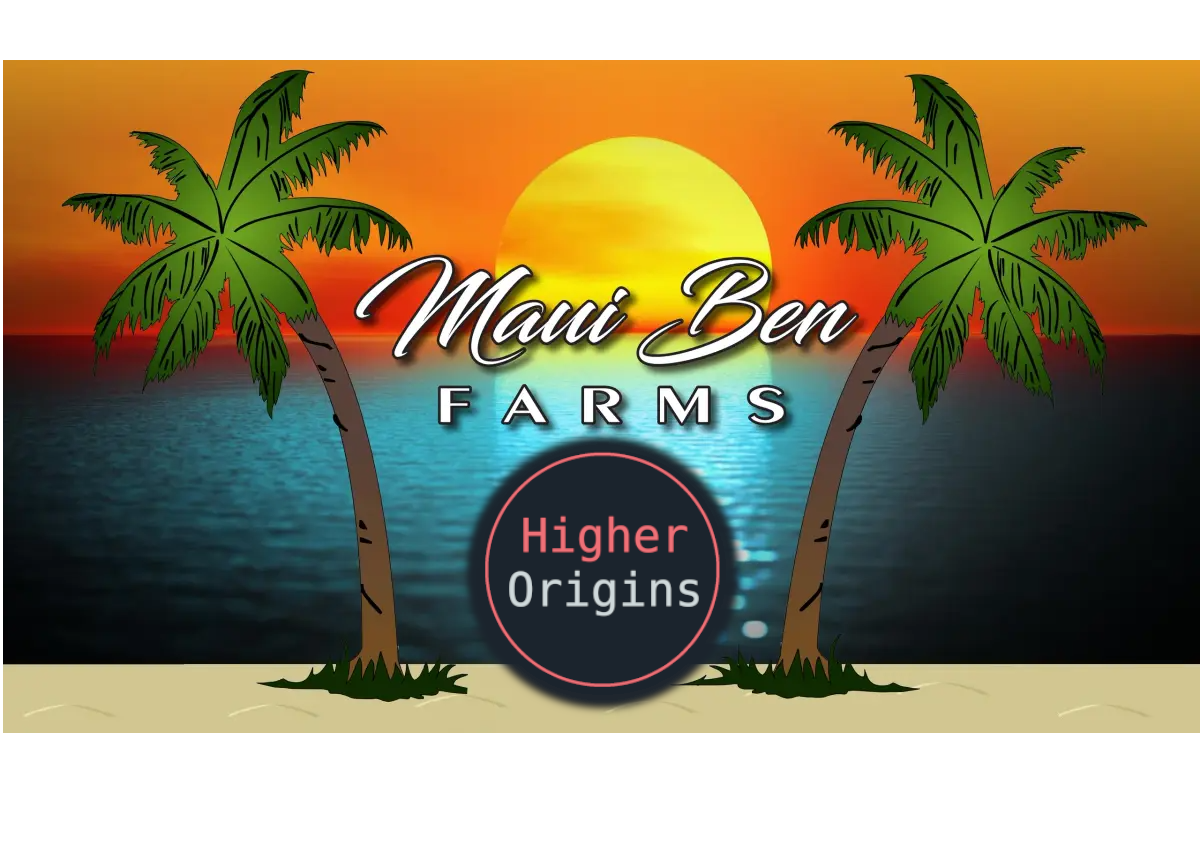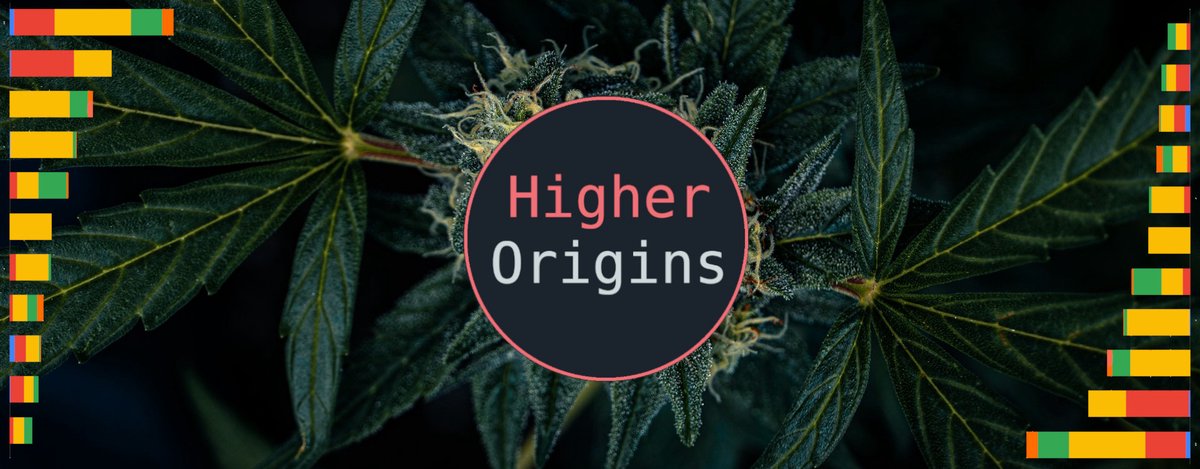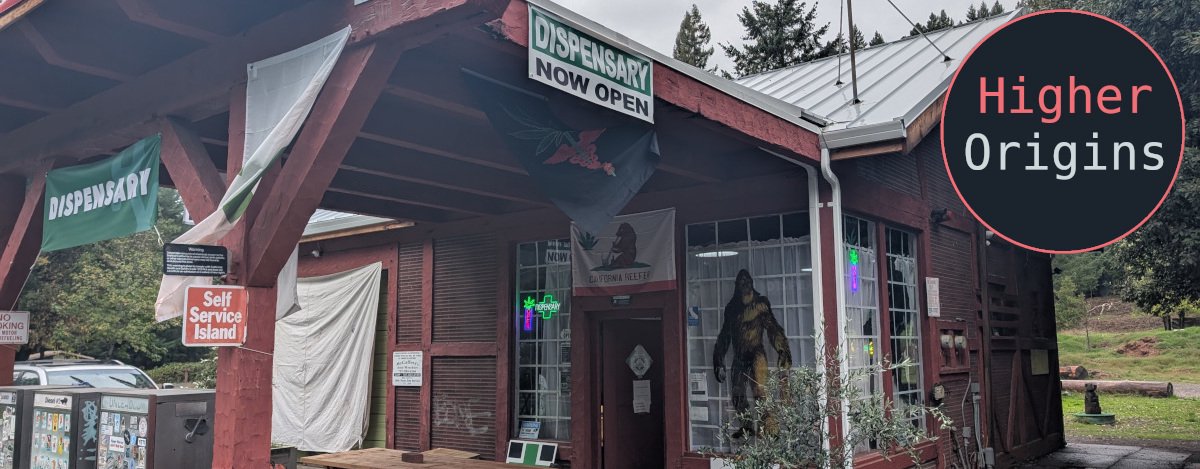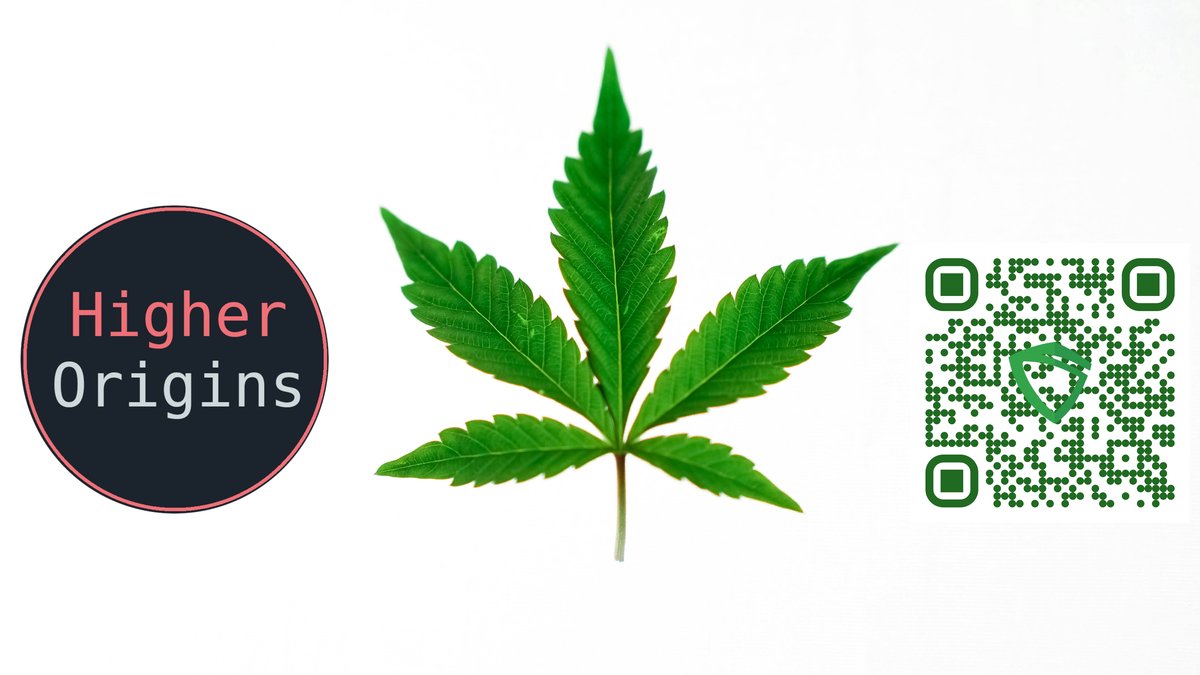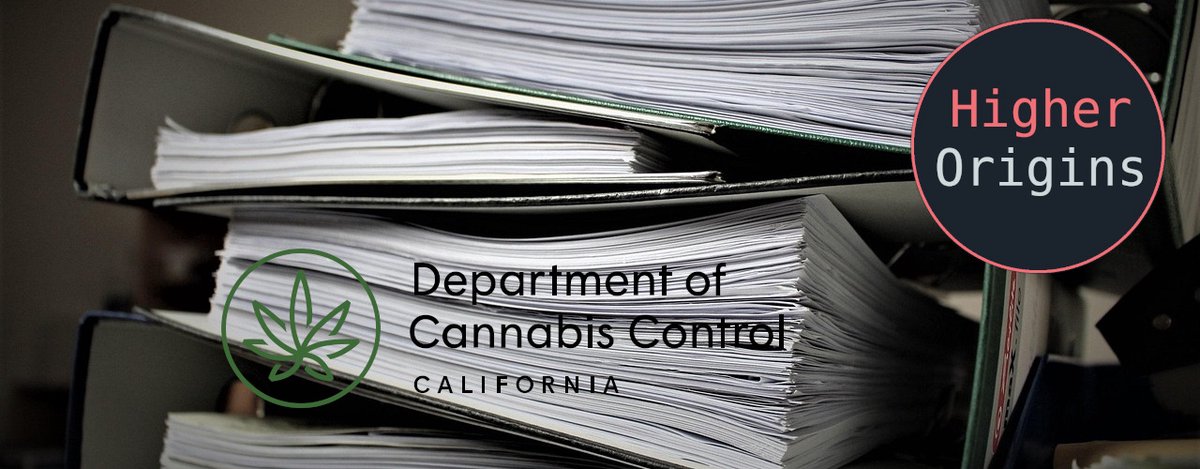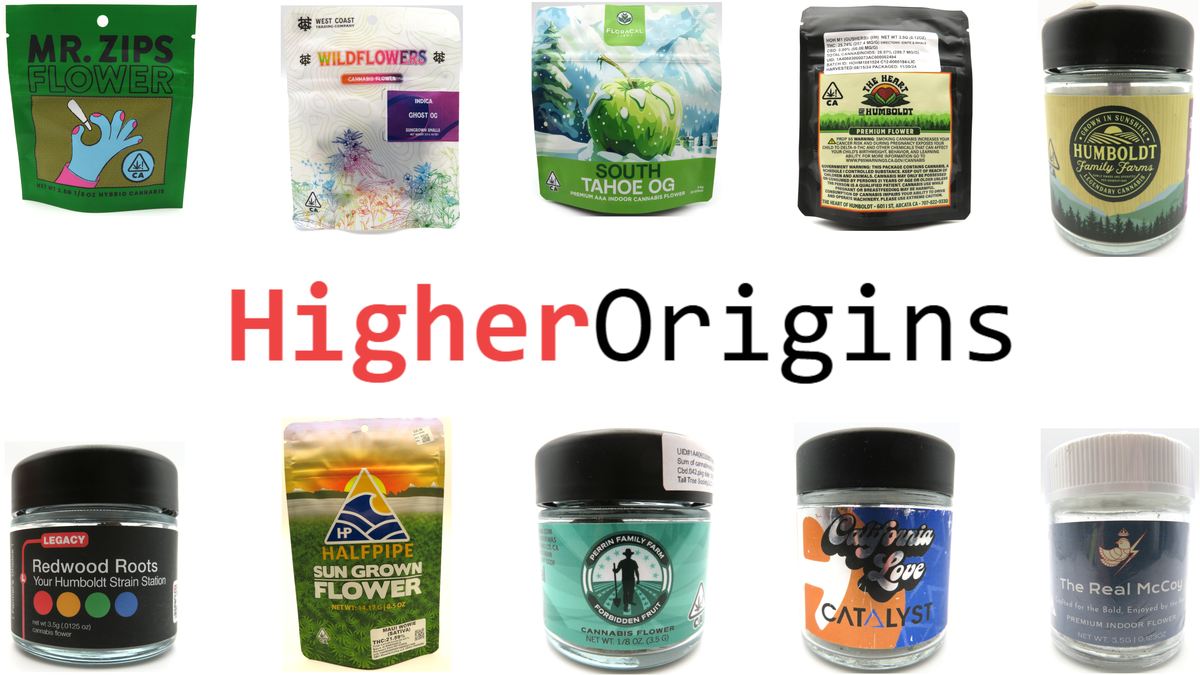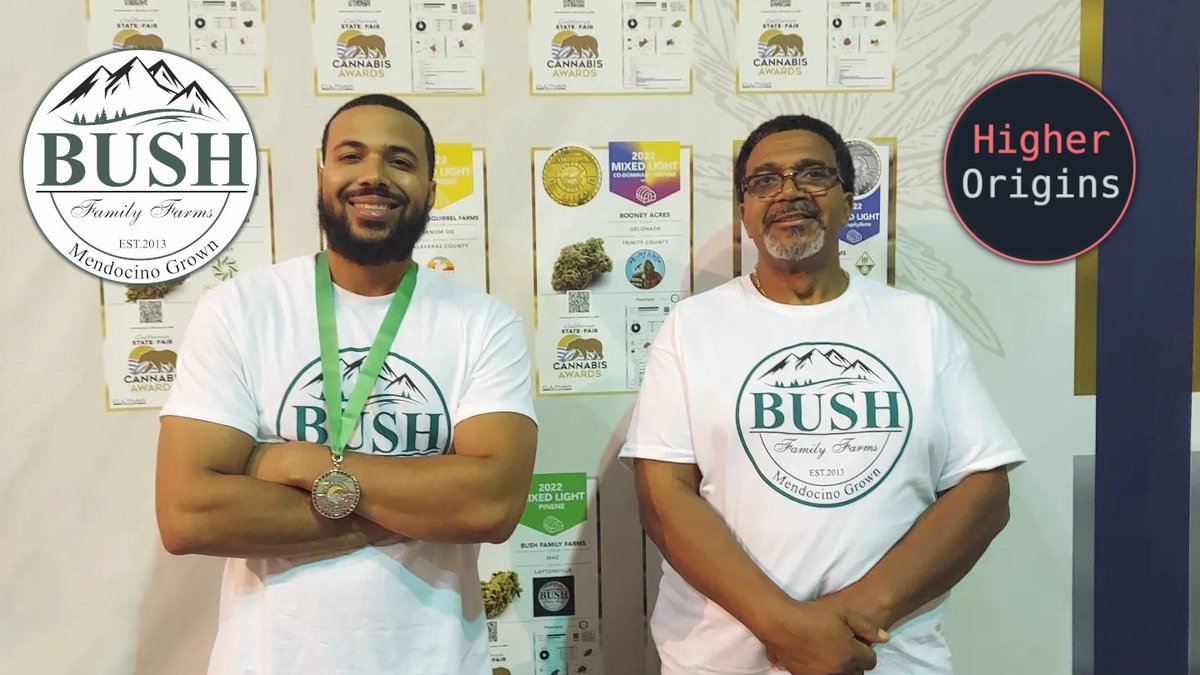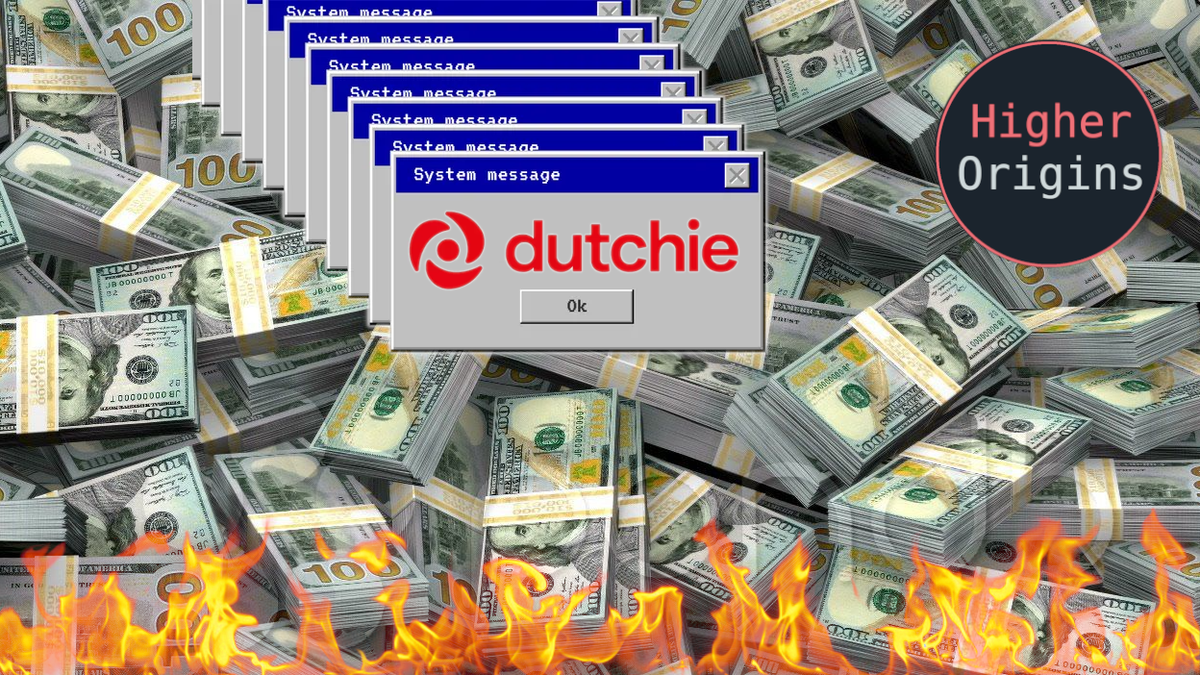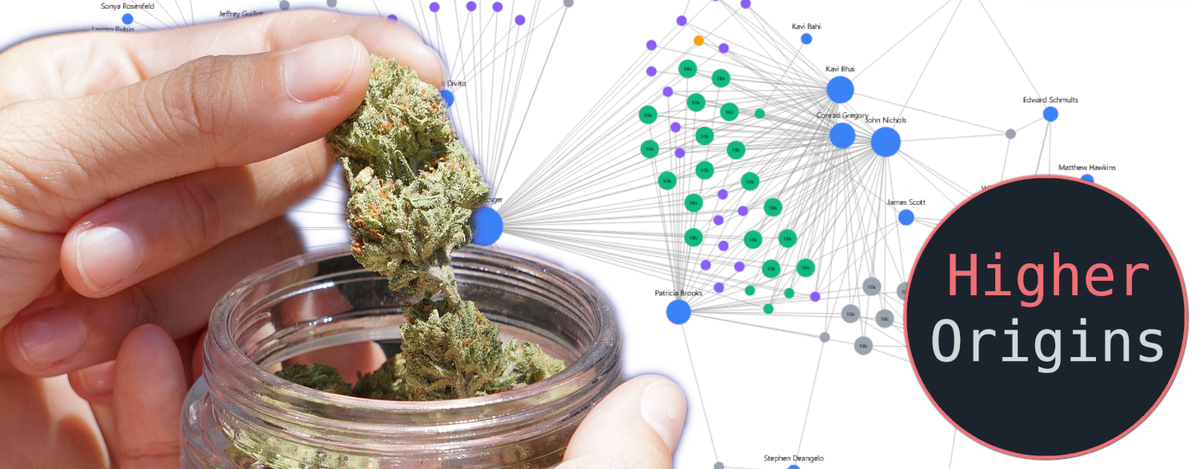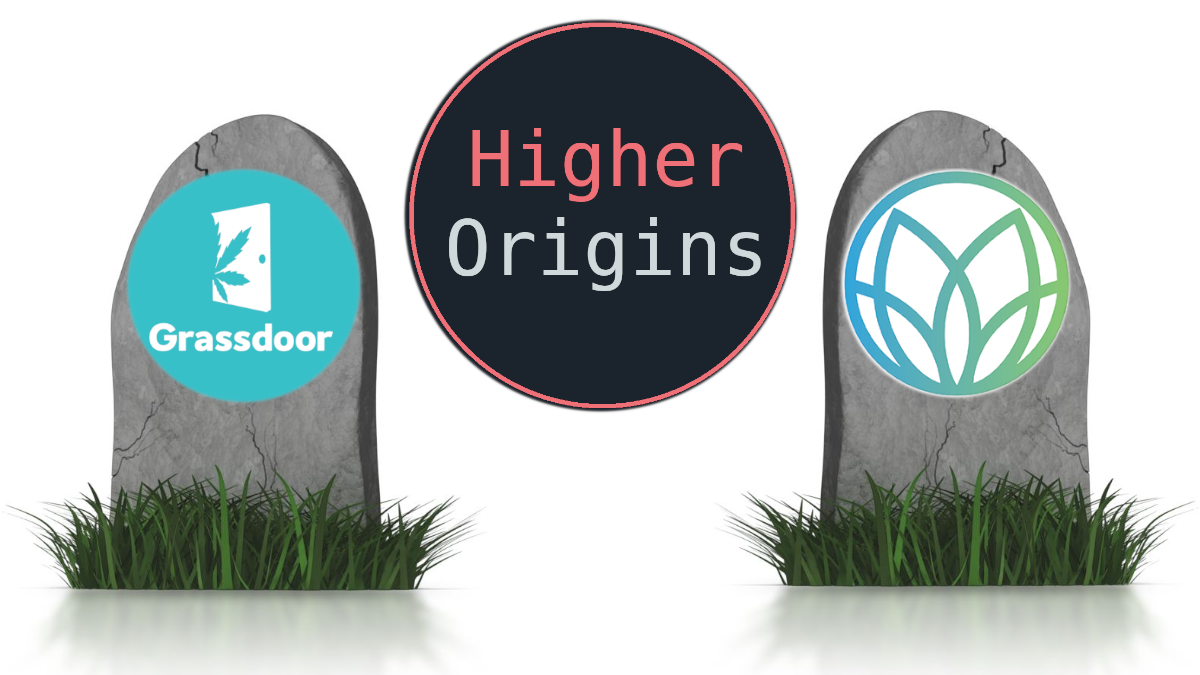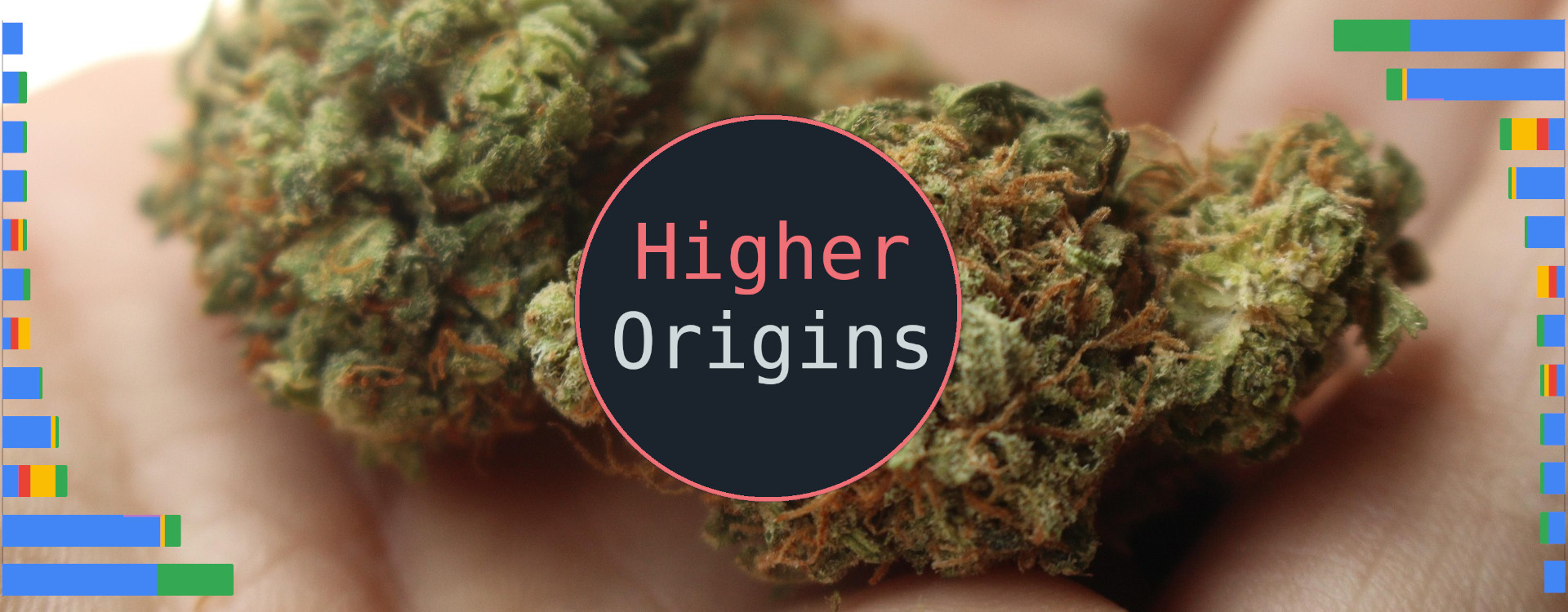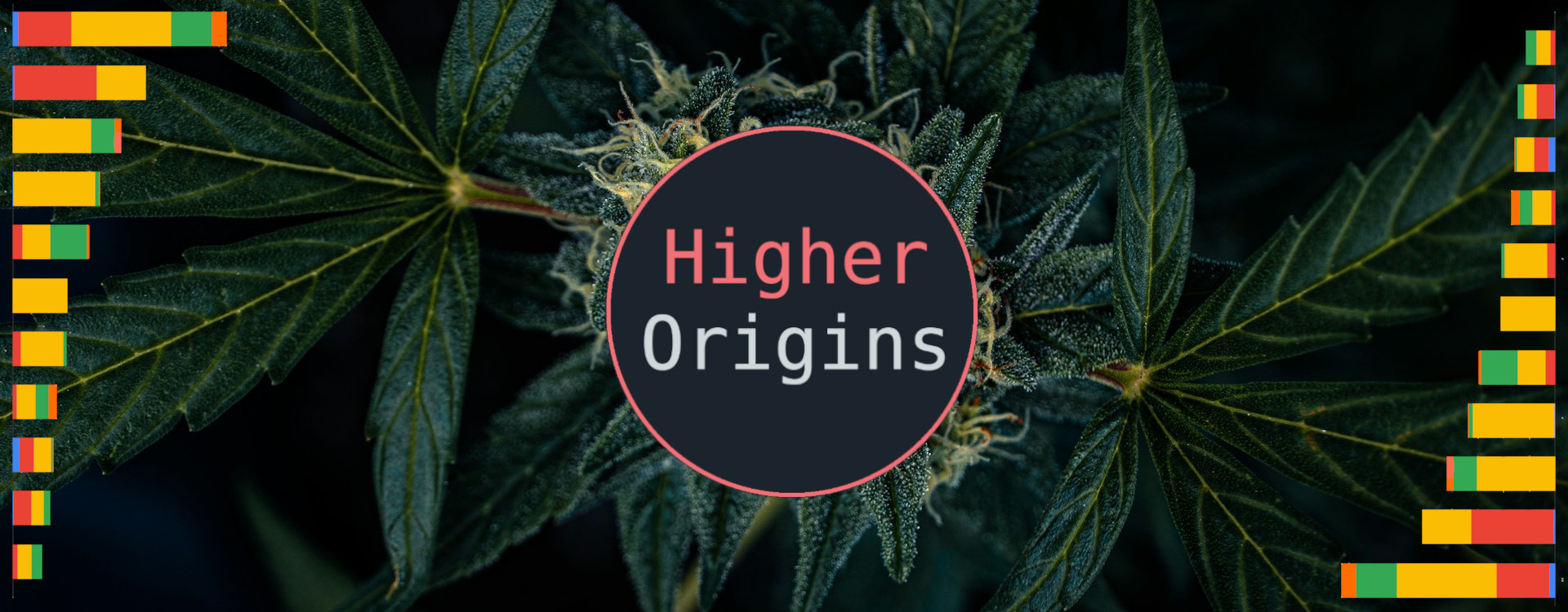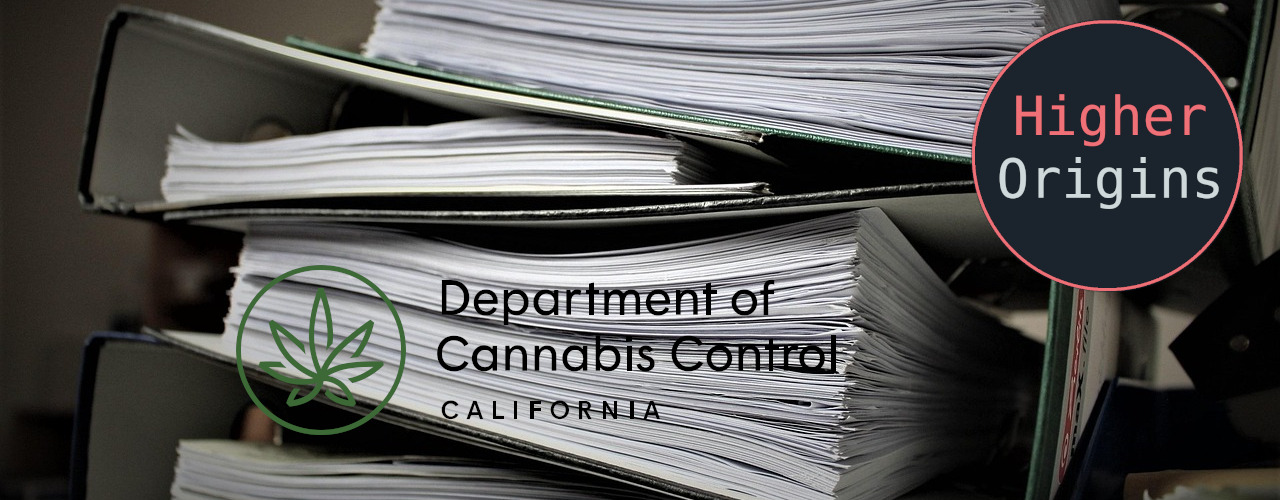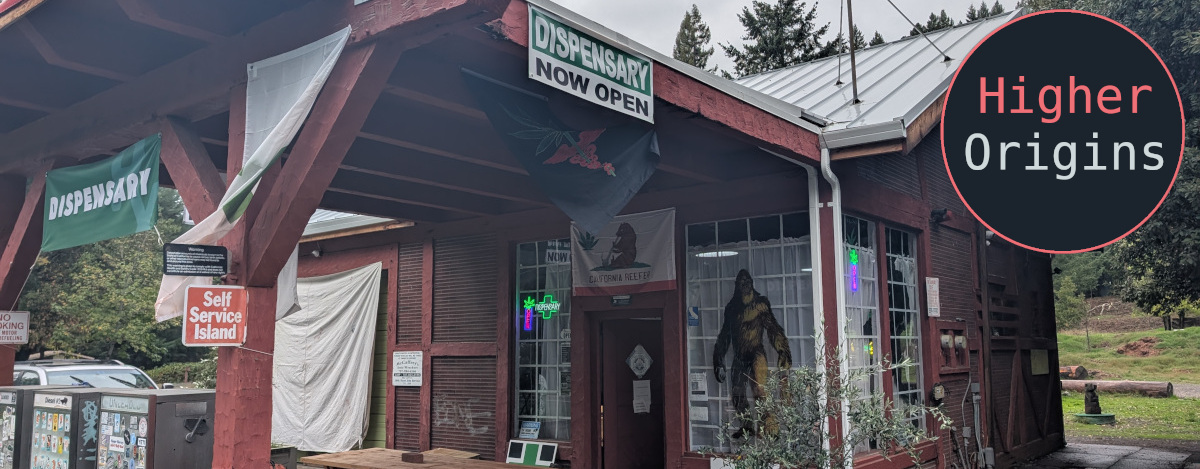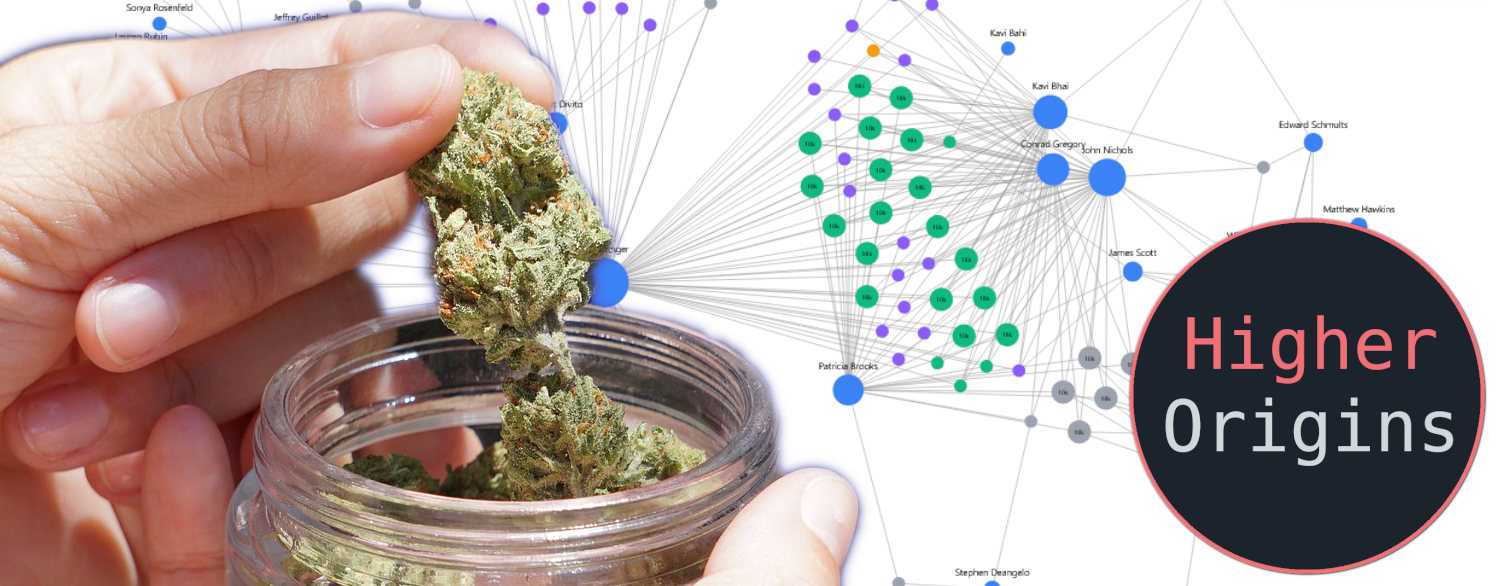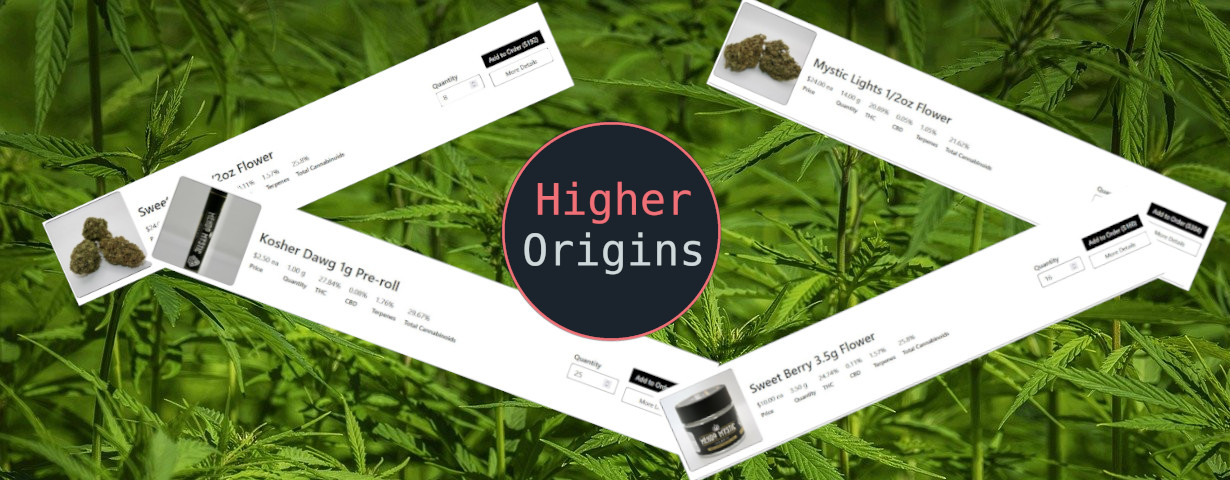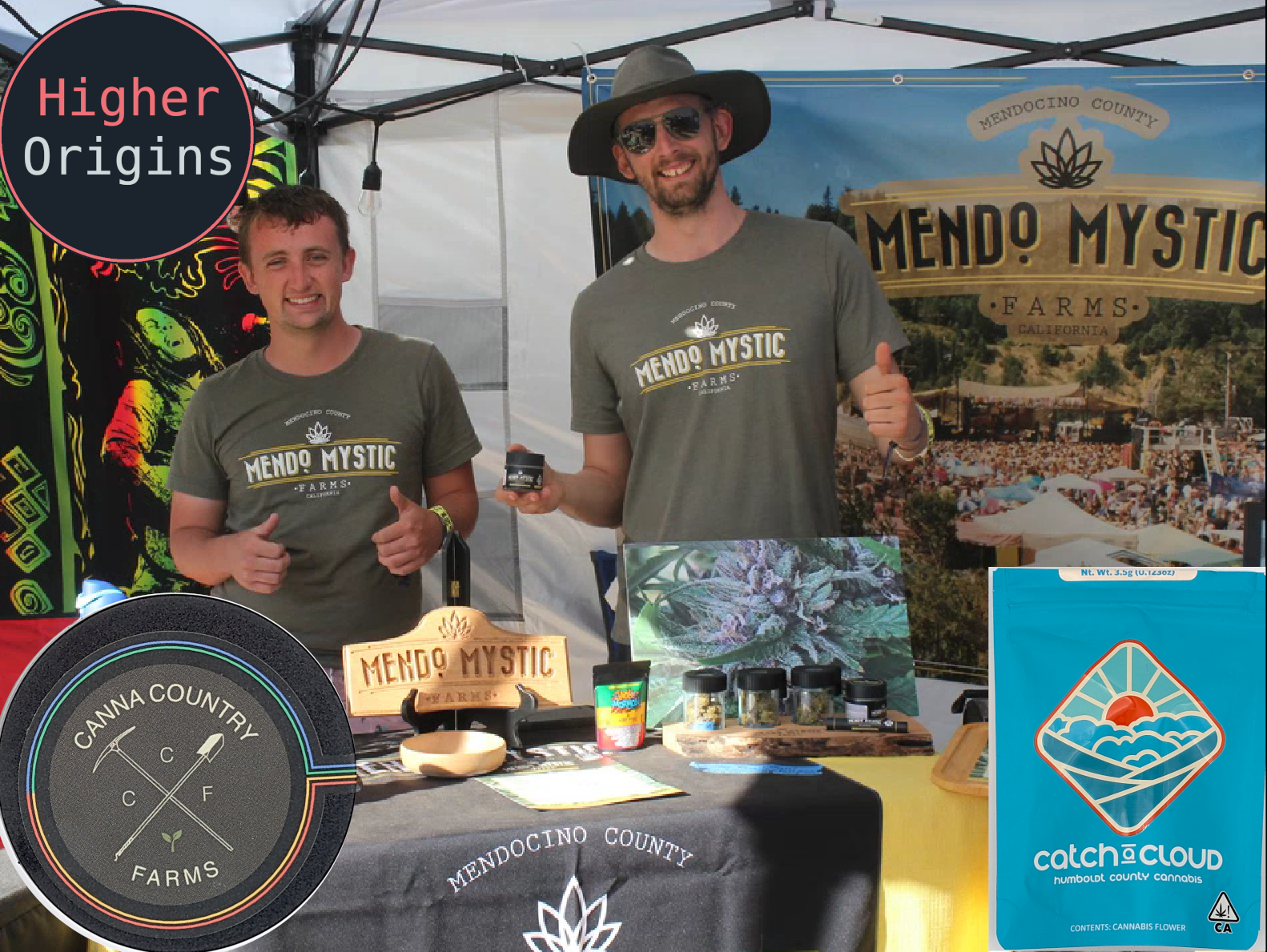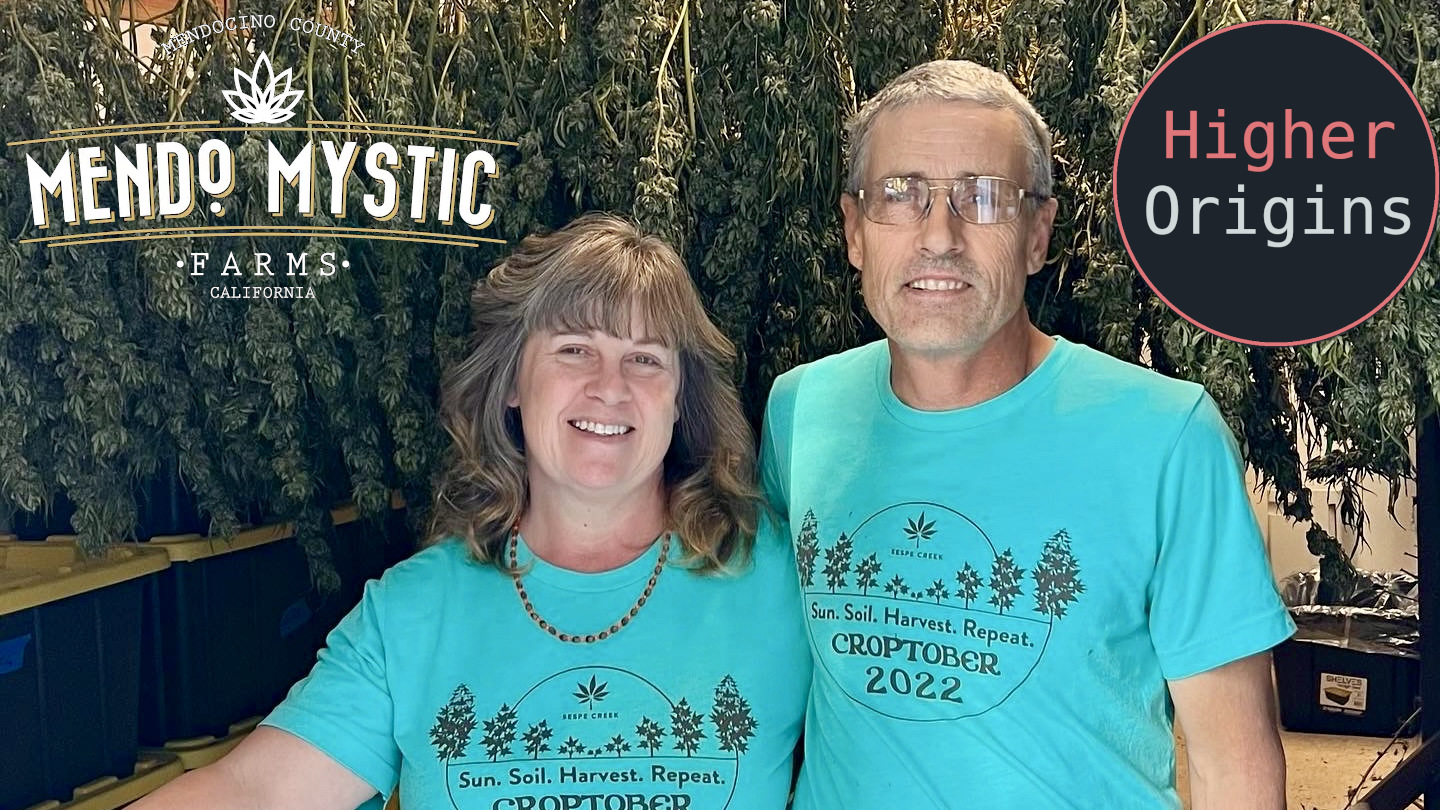We are proud to announce our first Distribution partner: “Maui” Ben Butler!
Here at Higher Origins, we talk a lot about cultivators, their product, and the value they have as the origins of our industry. With our recent marketplace launch, we’ve been exploring the supply chains that farmers rely on. After talking with our community and doing some research, we realized that we need more hands-on involvement in the distribution space. In the same way that Mendo Mystic Farms provides a testbed for our cultivation-oriented features, our partnership with Ben allows us to more easily explore the distribution side of the industry and find solutions for our current and future customers.
Problems with Distribution
Small farms have limited access to distribution, often relying on casual connections with out-of-town buyers.
Distributors that farms work with may not be able to connect directly to the retailers that carry these farms' products.
On-consignment sales mean that sometimes farmers simply don’t get paid, or get underpaid or paid late.
Once a deal is done, farmers have limited knowledge of what the distributor is doing with their cannabis.
Small farms often lack access to the same economies of scale that large brands have for transportation.
Solutions We’re Exploring Together
We are working on building a network of distros to relay products, eliminate barriers to entry for small farms, and develop new features for distros. We are exploring a system in which small farms could combine their product volume in one transport trip, averaging the cost down for everyone. This is just the tip of the iceberg, since as we integrate more levels of the supply chain into Higher Origins, the more opportunities will present themselves.
Market Differentiation
The goal we are working towards is different from that of large corporate distribution and fulfillment systems like Nabis. Our vision involves many trustworthy individuals and distributors working together to connect the industry and move product, joined through a compliance-backed system that enables resource sharing and discovery. This is entirely different from the existing centralized corporate-owned distributor networks like Nabis. We aim to build off of what we have always worked towards: a functional community-oriented cannabis economy.
We sat down with Ben recently and conducted this interview:
At Higher Origins we’re always curious about small farms who take the extra step to get a distro license, since there’s so much extra cost and complexity involved. What led you to get a distro, and do you think other small farms should do it?
Ben: I used to have all my own retail accounts, mostly bay area dispensaries, like 10 accounts since 2001. When distros came about, I was working with one in Oakland and they ripped me off. There was this new guy who wanted to be part of the legal deals so we put our product together to send to the distro. They trapped him with a fake failed lab test, kept his weed and were going to sell it on the black market. The new guy thought I was in on ripping him off, and that ended up in a pretty ugly confrontation where I got locked in a grow facility with him and had to fight for my life after being pepper sprayed.
After that, and also getting sick of paying out like 30% of my price on sales, I figured out how to get a distro, built a building, and went through the process with all the rules. I started out never having sent an email before licensing happened, then suddenly I had to be a computer guy, it was all a big learning curve. It was so expensive but I don’t have any regrets with it now.
Having a distro is a game changer, it’s essential if you want to avoid going through other shitty distros. It’s about necessity- if the system stays how it is, if the state keeps distros how they are in the system, absolutely get your own distro if you can afford it.
We always hear from small farms in our community about the issues and obstacles they are facing, and we hear big distros complaining about supply and demand, but we don’t hear much about the issues facing small distros. What obstacles have you faced?
Ben: I haven’t had many terrible issues with being a smaller distro, it’s all about persistence and networking to get the product in front of people because it can really speak for itself. Nowadays everyone buys from pictures online but the dispensary buyers really like it when you can rep your product in person.
Probably the biggest issues are the upfront costs, I’ve got to order my own lab tests and those get really expensive if I’m working with different strains, and I always have a few that I’m trying out. Even as a distro you can get ripped off by other distros since you can’t always sell straight to the store. It’s really shitty but you have to maintain the balance of burning that bridge entirely against maybe seeing some of that money eventually. I know some people blow them up to everyone and report them but I’ve always thought about it like Karma, it’ll come around to them and I don’t want to get hateful about it. I just tell them “Hey man, this is what happened, you didn’t pay me, I’m going to keep hounding you to pay me, you know what you did” and keep it as business. I still have people paying me monthly installments from deals they said they couldn’t pay years ago.
There’s also the market problems. Like Flow Kana was able to undercut me with their oversupply, where they flooded out all the Bay area dispensaries with 5$ jarred eighths, and they ruined the economics of the relationship I had with certain businesses.
I’m doing good though man, I see the light at the end of the tunnel, it feels like it's improving. I just got my kids through college, and I had to refi my house twice, but I’m happy where I am in life.
What you said about good cannabis really speaking for itself is absolutely true. In your experience, where do you think that quality comes from? Is it more a result of grower skill or good genetics?
Ben: Man, that's a tough one. If you’re a beginner with basic skills and you get your hands on good seeds, and you’re doing it small you can get something pretty good. Really though, it takes skills and just lots of time learning what you’re doing to hit all the boxes if you scale up. You have to have the skill to react in the right way at the right time to keep a large crop going strong. You have to really monitor the plants, something I do is test the dissolved solids when I water and then test again to see what the plants aren’t soaking up, that gives me an idea of how they’re doing.
Me and my brother would have this competition every year- we’d get two of the most feeble shitty clones and each of us would grow one and see who could bring it back and grow the best flower from it. I always won!
I always try to learn a bit from every grower. The first time I got a legal harvest through it was a huge thing for me, I got a little emotional, like “Wow that was so much work! But I did it!”.
I can imagine! Adapting to the new legal game must have been a totally new reality. Of course, you came into the industry long before that. What really got you started in the beginning?
Ben: I grew up in Ukiah, in this neighborhood between the airport runway, the railroad tracks and the freeway and the sewage treatment plant- no matter what you’d get terrible noise and it was hard to sleep or the wind would blow through and it would smell like shit. Good old Norgard Lane! I got a job as a union worker building pipelines and operating equipment. We always got laid off seasonally though, and everyone would do odd jobs- the joke was “Where are you getting your winter money?”
I had a family I had to support, and I heard about people making money growing. My brother and I grew our first plant in our grandma's backyard in 87’. After that I grew my first plant on my own in 89’ in the chicken coop- it was all skinny because it was just growing right in the chicken poop. I started having fun with it, like the idea that I could start with a seed and get all these cool plants that would turn into something you could smoke was wild to me. Once I started figuring out how it worked and learning about new strains I was pretty motivated. I remember I was always wearing this “Legalize It” shirt back in the day and my grandma saw it and said “Be careful what you wish for!” and now I realize dang, granny was right!

Ben in '87 with friends and a prized bud
We started the first guerilla grow back around ‘95 with some skills I learned from some friends. It was on the other side of a lake, so every weekend we would have to paddle this canoe for like an hour and a half across the lake to get there. Eventually we were able to get a boat with a motor which was way easier and we felt like we were really successful. Those were wild times, I’ve got all the classic stories about bears getting into the garden, and the guys in helicopters flying by and pointing machine guns.
I took a break for a few years, and ended up working this big city engineering job in Sacramento. I was so busy I never made it home, and my family had to drive down on the weekends so we could see each other. One day my kid asked me if I was even going to come home at all this summer, and I quit right on the spot after that because my family was more important. Shortly afterward I fell out of my kid’s treehouse and tore everything in my ankle. At that point I restarted my garden, I was out there planting with a cast on my foot! Back then you could still get four grand a pound, and even when it went down to three I was doing great.
I’ve figured out that if you have self-doubt it’s not the game for you. You can’t waste time hating people and you’ve gotta make a point to hang out with positive people no matter what.
That’s quite the journey, I think we have to celebrate your grandma for letting you grow in the backyard! So you started out with seed genetics you got from your friends, and then expanded from there. In terms of genetics, has there been one since then that you’ve specialized in?
Ben: There was this really cool old guy at a local nursery who’d give me soil and let me pay him back for it later. He had stories about how he apparently smuggled a bunch of hash hidden in cuckoo clocks back to the US from Vietnam after the war. Anyway, a mutual friend of ours got his hands on some Maui Waui and we partnered to grow it. Once I started selling it, people who had tried Maui over in Hawaii were telling me that mine was the real deal. Everyone wanted Maui, and since I was always going down to the bay to sell it, the buyers gave me the nickname Maui Ben, and it’s stuck to this day. Since then, I’ve always had some growing, and I’ve kept clones going since 2001, over the winter I keep them growing slowly indoors. If I’m doing a full year I start deps in March and start light cycling on 4/20, then I harvest those and start full term outdoor in June. I like to top all the Maui plants for more even sized buds. I know you hear people bragging about getting these huge colas but they’re a pain to trim out for packaging and they mold really easily with the Maui. I use a lot of beneficial bacteria to prevent mold. I had a formula I used for a long time before it got bought by Monsanto, so I stopped, but luckily the inventor released his own independent formula so I use that now.
I also got a strain from one of my customers in the Bay called Turquoise Jeep, it’s a mix of Goji OG and DJ Shorts Blueberry. That one came back from testing with a really high amount of THC-V which I guess is rare. There’s a few other strains I grow- Tahoe Cookies that I got through the Grow-Off competition, Kosher Dawg from the Willits area, Mystic Melon from up in Laytonville.
That’s pretty cool how one strain was able to expand into a whole career, especially since you’ve kept it going all these years. It seems like you had a really good thing going with your Bay area buyers. Is there anything that today’s distros can learn from relationships like that, things they can do better for themselves and the industry?
Ben: A lot of distros are in it for a quick buck and rely on high prices to make their business work. A good distro has to deal with falling market prices like everyone else. If a distro acts like a PARTNER instead of just a get rich quick scheme, nobody is going to feel screwed and they can maintain this mutually beneficial connection for everyone- it's the network effect. They really need to make the best effort to honor the agreed upon price to the farmer, and be transparent about it. Don’t just sit on pounds for months and then say they’re old and can’t be sold for a good price, sell stuff when you get it. Really, burning bridges by screwing over farmers is short term thinking, there’s only so many people you can burn in this industry before nobody wants to work with you. Make it so working with your distro feels like working with people, not like this unreachable government system.
I think it would be cool to start a campaign to change the rules so distros can return product to farmers if they can’t or won’t sell it, that way we can at least try again instead of just losing it. Someone should start that campaign!

Same shirt, different decade! Ben in '95, still rocking the fresh bud
We agree! It’s one thing if the product failed a safety test, but losing your whole crop just because a distro isn’t able or willing to sell it properly is a real failure in the system. At least the State seems willing to make some changes, like when they eliminated cultivation tax and moved excise tax to the retailer. What are your thoughts on that?
Ben: It’s a game changer! It was a bummer coming home after making money and having to put a huge chunk aside for taxes. Why would they make distros hold all this excise tax cash when it’s not even ours? A problem is that nobody in the government understands the system either. I went to the Department of Tax and Fee Administration to pay off some taxes I owed them, and the clerk with the “Cannabis Specialist” name tag didn’t even know the process worked or if I actually had to pay anything. There was some guy in line with me who knew how it worked and he actually had to teach the clerk the rules right there. I took notes from what the guy said and I still reference them! It was a nightmare with fees and the cultivation tax was a greedy political thing. On top of everything, not being able to do business write-offs is still a huge killer and I’m giving away thousands that anyone else could get tax credits for.
Yeah, it’s bad enough that the regulations are harsh, but it’s even worse that the officials don’t seem to understand how to apply them. Someone should buy that guy in line a beer, what a legend! That kind of mutual community support to help out the small industry is a key part of why we started Higher Origins. In what ways do you see Higher Origins being able to help out distributors?
Ben: So the distro is a middleman who’s taking a chunk of profits, even as a distro I get that, it’s only an opportunity since the state set it up that way. Why shouldn’t the farm be able to stand behind their products? I think that Higher Origins can help to work around that, since the small farm vibe appeals to people and making things more direct can preserve the connection with consumers. The way you guys have the marketplace setup, you can really help build in transparency with distros and dispensaries on sales volumes so farms know who they’re selling through. I think it’s also going to make it possible for buyers to pre-order and make it easier for brands to get orders ready for retailers.
Yeah, we’re definitely thinking about the pre-ordering and things like that, once you get the farmer, distro, and retailer all connected through the platform there’s so many ways we can streamline the whole process. But beyond what we can do with software, there’s a lot of good that comes with the farmer-retailer relationship. What are some examples of that you’ve seen?
Ben: There’s so much stuff we can help each other with, understanding the connection between what happens on the shelves and what the farm can provide helps everyone and it trickles down to the consumer. You can work together on offering different price points or sizes for the same strain, coming up with cool product names, and setting up the product presentation. Nobody is talking to his friends like “Oh shit dawg I just got that new Glass House weed!” but it’s a point of pride if someone can say “I got this from a small farm in the Triangle”. It’s a huge selling point especially when the price, quality, and consistency align, which small farms can definitely do since they don't have this huge company to run where it takes forever to do everything. Also small growers can have more variety because they grow stuff experimentally.
I always get samples for budtenders and hang out in the store and buy weed off the shelf for people to get interested. It really builds up the connection and people like to talk to the grower, it blows their minds when the grower is standing in line next to them.
Selling to the market directly affects how you do everything. I developed a slightly dryer cure to keep my buds preserved so I had a longer term that I could sell during- everyone’s unloading in January and I’m selling in spring and it’s still just as fresh since there’s less moisture to degrade the flowers. It’s really good for consistency, after a while buyers didn’t even bother smelling my product, if it’s consistent they trust you and it makes everything easier.
That trust and connection really is so important! It’s wild to think that so many retailers out there are missing out on the value that comes with knowing who grew the products on their shelves. Thank you so much for sharing your perspectives and experience! Do you have any final words of wisdom or shoutouts you’d like to make?
Ben: Quality of life is the most important thing to consider as a grower, like if you can’t achieve that then you have to make a change. And it’s a commitment, I did the math and I’ve done over 1000 trips to the bay since starting this business, but it pays off because I end up with a sale every time.
I’d like to shout out the Veterans Cannabis Coalition. I’ve got a relationship with them where I donate buds and some of them get turned into RSO or hash which get donated to veterans free of charge. It’s a great organization, run by Eric Goepel and Bill Ferguson, who helped get the GI bill passed. We help each other out and it’s a really cool organization that does a lot of good.

Remember, Karma’s real, and good comes back to you!
Ben today in his distro, with product ready to ship!
Conclusion
We’re excited to see what this partnership unlocks! Keep an eye out for further updates as we refine and grow our Marketplace to include more distribution and retail-oriented features. If you’re looking to sell, source, or ship through Higher Origins, get in touch!
If you're interested in the Veterans Cannabis Coalition, or are a licensed business who would like to donate products for veteran's wellness, check them out here.
-Keep growing!
